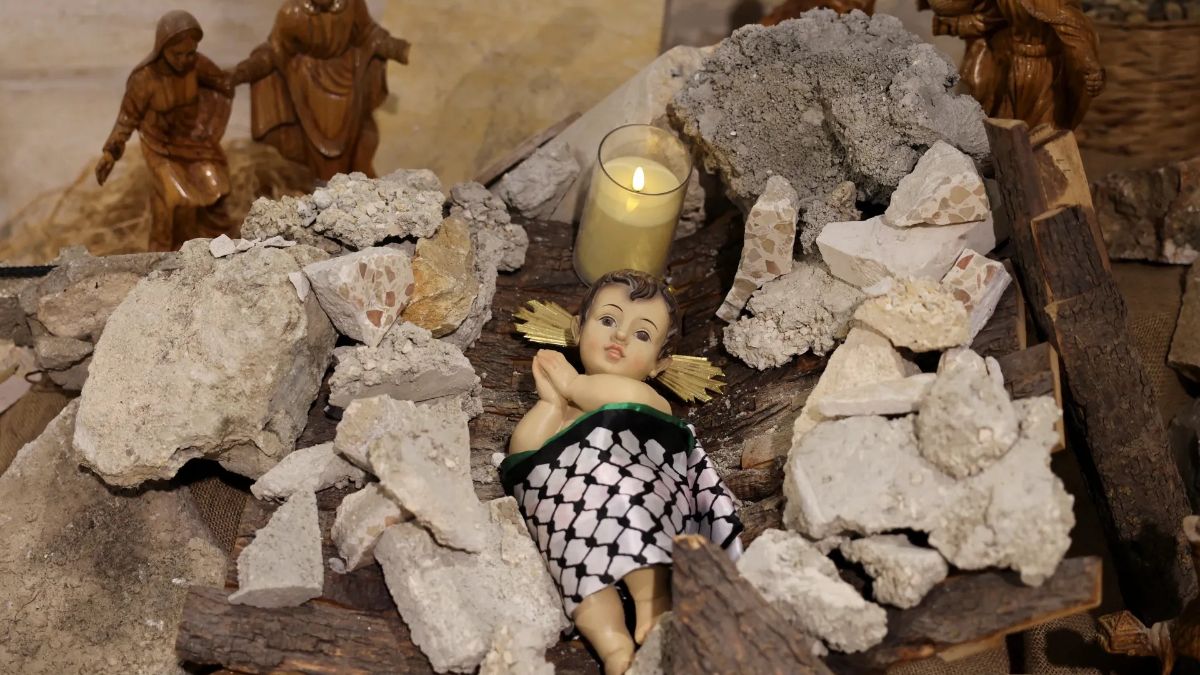Maundy Thursday – Flesh and Fluids
After he had washed their feet, had put on his robe, and had returned to the table, he said to them, "Do you know what I have done to you? You call me Teacher and Lord - and you are right, for that is what I am. So if I, your Lord and Teacher, have washed your feet, you also ought to wash one another's feet. For I have set you an example, that you also should do as I have done to you.
John 13:12-15
April 2, 2015, Words By: Scott Dewey, Image By: Scott Dewey
Pus.
Sweat, blood, blisters, infected sores… those emerged as central images from the very jazzy riffs of conversation around the 13th chapter of John’s gospel downstairs at Anchor of Hope Church. For my bright kids in children’s church, “pus” struck their imagination around washing grungy feet that might have been a little worse for wear on roads shared with livestock. On the lips of young boys around a table with young girls, we discovered the word “pus” to be simply delicious. Along with the gross-out factor that provided at least five more minutes of attention span, I appreciated the vividness of the scene they conjured up as we talked together.
Today is Maundy Thursday, the traditional commemoration of the evening of the Last Supper. “Maundy” derives from the Latin mandatum, or mandate. It is used of the “new commandment” our Lord gave to his followers: to love one another (John 13:34). This commandment was not introduced in the abstract or engraved on stone tablets; it was demonstrated by an action striking in its human physicality. After rising from the meal he shared with friends, he took off his outer clothing, wrapped a towel around his waist, and began the process we imagined so vividly in children’s church – wet fingers among the toes and calluses, massaging away donkey dung, soothing sores.
Some scholars believe this story forms the narrative backdrop for the Kenosis (“emptying”) Hymn in Philippians 2. The “pouring out” of the water into the basin (John 13:5) parallels the “pouring out” of Jesus in his life and death (Philippians 2:7). The descent and ascent of Jesus in the poetry of the ancient hymn is embodied in the foot-washing story by Jesus stripping and kneeling at the disciples’ feet, performing this most priestly and prophetic task in humility, and then rising to clothe himself again.
For centuries, Maundy Thursday services have been marked by foot-washing. Some traditions refer to this day as “Thursday of Mysteries.” I like that. To me, it speaks of the mystery of flesh and spirit, divine and human, intermingled not only in the blood and wine but in the fluids and flesh of hands moving over feet. In the Eastern Orthodox Church, the liturgy includes this prayer: “Of Thy Mystical Supper, O Son of God, accept me today as a communicant; for I will not speak of Thy Mystery to Thine enemies, neither will I give Thee a kiss like Judas. But like the Thief will I confess Thee: Remember me, O Lord, in Thy Kingdom.”
In remembrance of Jesus’s actions on this last supper night, I have participated in numerous foot-washing ceremonies – with ministry colleagues, with church members, with friends. Perhaps the most memorable times have been in a forest clearing in Romania with teen orphans, some of whose feet actually rivaled my own fungus-infested pair for grossness. There’s always an awkwardness to the proceedings, a fumbling wet mix of touch, shame, and caressing affirmation that seeps somehow through skin into spirit. We are quite unaccustomed to loving our neighbor’s feet in this way, as we love our own. Toweled off and tugging our socks back on, there is a palpable sense of having been both exposed and embraced – perhaps even cleansed – blisters and warts and pus and all.
It is an affirmation and intimacy we will surely need – we cannot remotely know how much – as the gospel story will soon descend into depths.
Peace,
Scott Dewey
Street Psalms
Photo by Scott Dewey



